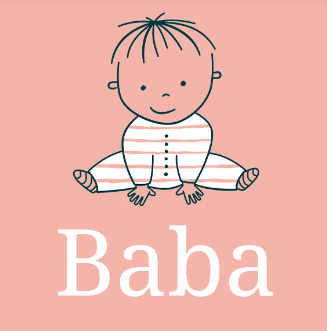
Baba: Name Meaning, Origin, Popularity, & Inspiration
Baba is a name with diverse origins and meanings across various cultures, making it a fascinating choice with global appeal. Its simplicity belies a rich tapestry of cultural significance and emotional resonance.
In many Slavic languages, particularly Russian, “Baba” is an affectionate term for grandmother. This usage gives the name a warm, familial connotation, evoking images of nurturing and wisdom. In this context, Baba is less commonly used as a given name and more as a term of endearment or a nickname for grandmothers.
In Persian and Turkish cultures, “Baba” means father or a respected elder. It’s often used as a title of reverence for spiritual leaders or wise men. This usage lends the name an air of authority and respect.
In Hindi and other Indian languages, “Baba” can refer to a holy man, a spiritual father, or simply a respectful way to address an older man. Notable examples include figures like Sai Baba, revered as a saint and spiritual master by many in India.
In Chinese, “Baba” (爸爸) is a common way for children to address their fathers, similar to “daddy” in English. This gives the name a sense of familiarity and closeness in family contexts.
The popularity of Baba as a given name varies greatly depending on the cultural context. In Western countries, it’s relatively uncommon as a formal name but might be used as a nickname. In some African cultures, particularly in Nigeria, Baba is used more frequently as a name or title.
The inspiration for choosing Baba as a name could come from various sources. Parents might select it to honor a grandparent or father figure, reflecting the name’s meanings in Slavic or Asian cultures. Others might be drawn to its spiritual connotations, particularly if they have connections to Indian or Middle Eastern traditions where the term is associated with wise or holy men.
In popular culture, “Baba” has appeared in various contexts, from the character Baba Yaga in Slavic folklore to the title character in the novel “Baba” by Turkish author Elif Shafak. These cultural references add layers of meaning and intrigue to the name.
While not typically ranking high on popular name lists in Western countries, Baba’s simplicity and cross-cultural significance make it an interesting choice for parents seeking a name with depth and global resonance. Its ease of pronunciation in multiple languages also adds to its appeal in our increasingly interconnected world.




